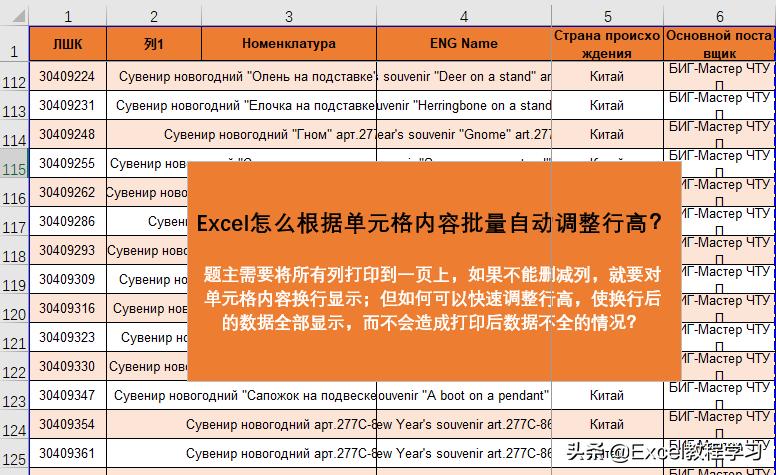情态动词四大分类 情态动词用法有哪些
情态动词四大分类 情态动词用法有哪些:1.情态动词四大分类①只做情态动词:may, might, must..②可做情态动词又可做实义动词:如:need, dare,can.......③具有情态动词特征:have(h……好学途(www.vaiok.com)小编为你整理了本篇文章,希望能解对你有所帮助!

1.情态动词四大分类
①只做情态动词:may, might, must..
②可做情态动词又可做实义动词:如:need, dare,can.......
③具有情态动词特征:have(had,has) to,used to, ought to
④可做情态动词又可作助动词:如:shall(should),will(would)
注意
mustn't代表强烈禁止 must表示主观,have to表示客观。
美式英语中常用must not 而不用 mustn't. mayn't,mightn't和shan't也很少用
常用
can (could), may (might), must, need, ought to, dare (dared), shall (should), will (would)
2.英语情态动词用法顺口溜
情态动词要记牢;动词原形来跟梢。
不管人称单复数;现在过去乐逍遥。
can表能力和许可;也许可能may来表;
必须一定must;should应该来报到。
英语情态动词用法顺口溜
回答不须needn’t;mustn’t为不必要。
否定只要接not;疑问赶紧往前跑。
3.情态动词用法有哪些
一、can
1. to be able to 能,会
例句:Can you drive? 你会开车吗?
She can speak four languages. 她会讲4门语言。
2. to be allowed to (表示许可)可以,能
例句:You can park over there. 你们可以把车停在那边。
3. used to request something(用于请求)能,可以
Can you make a little less noise, please? I'm trying to work. 请你别发出那么大声音好吗?我正在工作。
4. used to express possibility(表示可能性)可以,能,会
Smoking can cause cancer. 吸烟可能会导致癌症。
5. used in polite offers of help(用于礼貌地提出帮忙)可以,能
Can I help you with those bags? 我帮您拎那些包好吗?
二、could
1. past simple of "can", used to talk about what someone or something was able or allowed to do(表示能够或允许)能,可以
When I was younger I could stay up all night and not get tired. 我年轻时,一通宵不睡觉都不觉得累。
You said we could watch TV when we finished our homework. 你说过我们完成家庭作业后可以看电视。
We asked if the computer could access the internet. 我们询问这台计算机能否上网。
2. used as a more polite form of "can" when asking for permission(礼貌地请求许可)可以,能
Could I speak to Mr Davis, please? 我可以和戴维斯先生通话吗?
3. used as a more polite form of "can" when asking someone to provide something or do something(礼貌地请求提供某物或做某事)能,可以
Could you turn that music down a little, please? 你能把音乐声调低一点吗?
4. used to express possibility, especially slight or uncertain possibility(尤用于表示微小或不确定的可能性)可以,能,也许
Be careful with that stick - you could have hit your sister! 留心那根棍子——它差点戳到我的眼睛!
5. used for making a suggestion(用于提出建议)可以,能
We could go out for a drink after work tomorrow, if you want. 要是你愿意,明天我们下班后可以去喝上一杯。
6. used for saying, especially angrily, what you think someone else should do(尤指生气地对某人表示不满)应该
Well, you could try to look a little more enthusiastic!喂,你应该表现得热心一点!
I waited ages for you - you could have said that you weren't coming!我等了你很久——你应该提前说一声你不来!
三、may
1. used to express possibility(表示可能性)可能,也许
We'd better not interfere - she may not like it. 我们最好别干涉——她可能会不高兴。
2. formal used to ask or give permission(用于请求许可或表示允许)可以
"May I help myself to some more food?" "Yes, of course." “我能再要些吃的吗?”“好的,当然可以。”
A reader may borrow up to six books at any one time. 读者一次最多可借阅6本书。
3. formal used to introduce a wish or a hope(表示祝愿或希望)祝,愿
May you have a long and fruitful marriage. 祝你们婚姻长久美满。
四、might
1. past simple of the verb may, used especially when reporting what someone has said, thought, asked, etc. (may 的过去式)可能,可以
Very politely the little boy asked if he might have another piece of cake (= he said "May I have another piece of cake, please?"). 小男孩非常礼貌地问他可否再吃一块蛋糕。
2. used to express the possibility that something will happen or be done, or that something is true although not very likely(表示可能性)可能,也许
I might come and visit you next year, if I can save enough money. 如果我能存下足够的钱,明年我也许会来美国看你。
3. mainly uk formal us old-fashioned used as a more polite form of may when asking for permission(用于请求许可,语气较 may 更婉转)可以,能
本文标题:情态动词四大分类 情态动词用法有哪些
本文链接:http://www.vaiok.com/a/258660.html
欢迎转发给你身边有需要的人,是朋友就给他提供帮助!
声明:本文图片、文字、视频等内容来源于互联网,本站无法甄别其准确性,建议谨慎参考,本站不对您因参考本文所带来的任何后果负责!本站尊重并保护知识产权,本文版权归原作者所有,根据《信息网络传播权保护条例》,如果我们转载内容侵犯了您的权利,请及时与我们联系,我们会做删除处理,谢谢。















